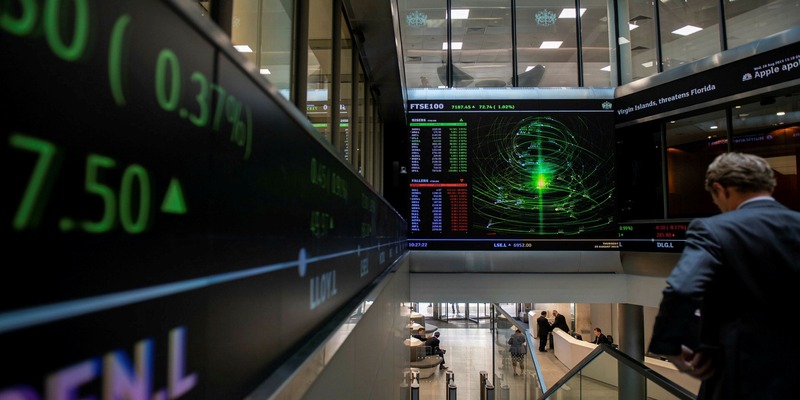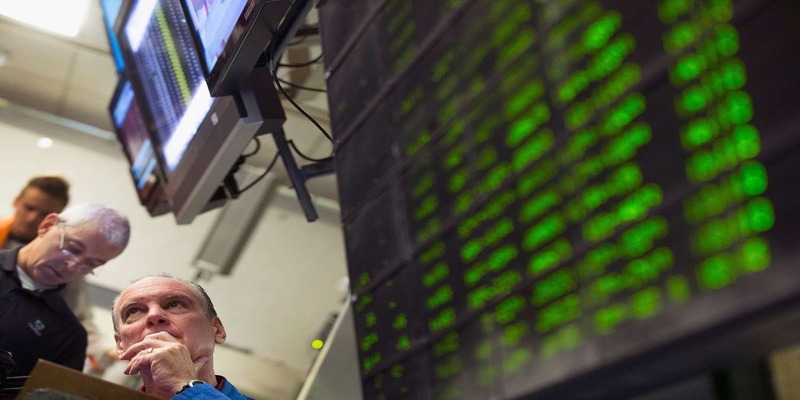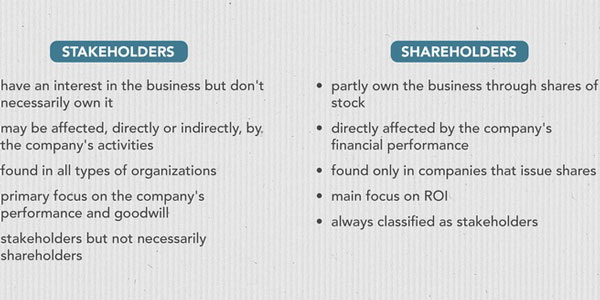Mutual funds, including those specializing in foreign equities, buy and sell a portfolio of stocks to investors based on a predetermined investment plan. International funds are similar to domestic ones, except that their holdings are invested entirely in firms outside the United States.
According to research by Vanguard, non-American businesses now make up almost 50% of the world's market valuation. Investing in international funds allows traders to spread their risk and profit from rising prices in marketplaces worldwide. Foreign investments have a higher risk than domestic ones because of currency fluctuations, political instability, and varying liquidity.
How Global Equity Funds Operate

You might potentially increase your returns by investing in companies throughout the globe. Since international stock markets have historically outperformed U.S. markets, many financial experts advocate allocating 30-50% of a portfolio to investments outside the U.S.
Because market movements in the United States and other countries don't necessarily mirror one another, diversifying a portfolio with equities from other countries can help mitigate overall risk.
Countries Around the World
The possible losses and gains will change from nation to country. Most of the world's most sophisticated economies may be found in nations with developed markets, thus investing there is a safe bet. Since the economies and infrastructures of the emerging market nations are growing but turbulent, investing in them might result in substantial rewards with increased risk.
Various funds are available to investors specialising in specific emerging market sub-sectors, such as the BRICs (Brazil, Russia, India, and China) or Asia, excluding Japan. Developing breakthroughs will likely pose the greatest threat to, but also the most significant opportunity for, frontier and other underdeveloped nations.
Debt and Equity Financing
Investors can choose from international funds tailored to specific asset classes and those focused on particular countries. Most investors choose between debt and equity funds, which together provide a diverse selection of asset classes. U.S. investors that want safer bets can find them in foreign government bonds and foreign business debt offerings.
Equity funds provide investors with access to diverse portfolios of stocks that may be managed to meet a wide range of investing goals. Funds that invest in a variety of assets, including both debt and equity, are known as asset allocation funds. These funds allow investors to diversify their portfolios while focusing on some world areas.
Diversified Equity Funds vs International Equity Funds
There is a distinction between international equity funds and global equity funds, which invest in firms' shares domestically and internationally.While investing in a global fund may seem like an excellent way to gain exposure to other markets, most of a fund's assets may be in U.S. firms.
It's possible that you already possess shares of such firms through some other equity fund. It is recommended that you seek overseas equities funds if you are searching for genuine diversity.
Funds that Invest in Foreign Stocks

Developed-country funds and emerging-markets funds are the two main categories of overseas investments. The term "emerging markets" refers to nations or areas with less developed economies yet significant development potential.
However, investment in such places can be risky because neither the governments nor their markets are subject to stringent oversight. However, the potential payoff might be much more significant if you're willing to take on more risk. When compared to the S&P 500's projected growth rate of 6%, developing markets have a far brighter future.
Large-cap equity funds focusing on developed nations like Japan, Germany, and the United Kingdom are a common type of foreign equities fund offered through 401(k) plans. It is likely that if a program does provide exposure to developing markets stocks, it will be through a dedicated fund.
Is It a Good Idea to Invest In Global Stocks?
Foreign stocks can increase your portfolio's diversification and income, but, like with any investment, there are risks you should be aware of first. The worldwide investment landscape is fraught with various hazards, such as the following.
Currency Hazard:
As a result, the dollar's value will fluctuate relative to the underlying currencies in the fund. Regardless of how your assets are doing, a weaker dollar can enhance your profits, while a strong dollar might have the opposite impact.
Political Risk:
Governmental stability and regulation are crucial for healthy markets. The economy or the administration of any country, foreign or domestic, might experience unexpected difficulties at any time, which could affect your investment.
Liquidity Risk:
Large volumes of stock are often traded in the U.S. market, making it quite liquid. In most cases, a willing buyer may be found when an average investor wishes to sell a stock. What would you do if there were no buyers and you had to wait for one to come along? That market is tough to trade in. The amount of trade on many overseas exchanges is far smaller than in the United States.







